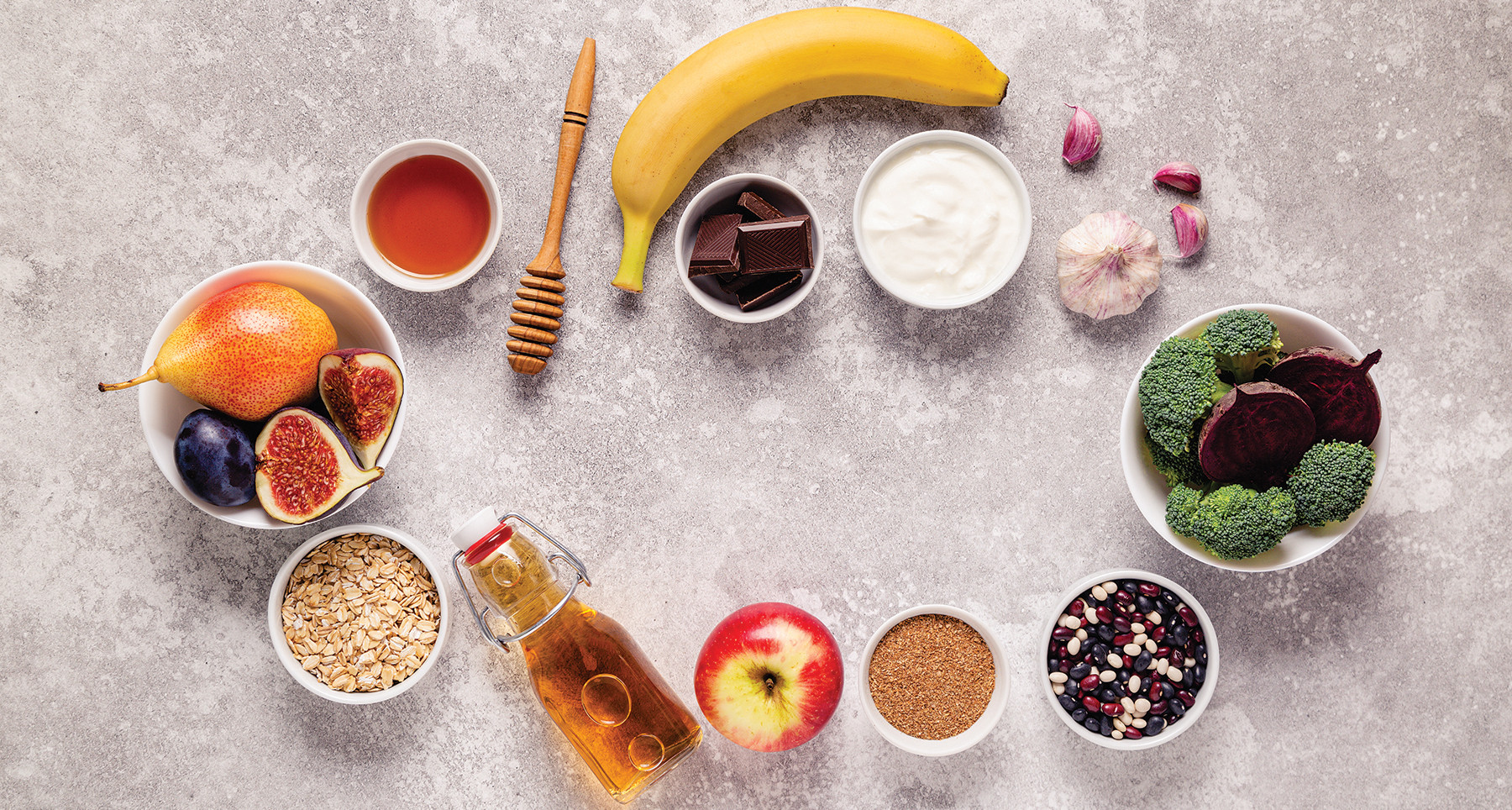
Six ways to support and restore your gut.
Our gut microbiome comprises trillions of micro-organisms – bacteria, viruses and fungi – that reside in our digestive tract and are integral to various bodily functions, including digestion, immune response and even mood regulation. But as we age, the diversity and balance of these microbial communities can decline. That often leads to dysbiosis, which has been linked to increased inflammation, weakened immunity and a higher risk of chronic diseases.
One of the most overlooked consequences of poor gut health is impaired nutrient absorption. Inflammation and damage to the gut lining can compromise the absorption of iron, vitamin B12, magnesium and fat-soluble vitamins (A, D, E and K). This leaves the body starved for vital nutrients, even when the diet is otherwise balanced.
A damaged gut lining can lead to what’s known as “leaky gut syndrome,” or increased intestinal permeability. In this condition, the normally tight junctions between intestinal cells become loose, allowing partially digested food particles, bacteria and toxins to leak into the bloodstream. This can trigger systemic inflammation and immune reactions that further harm gut health and nutrient absorption. Over time, this cycle can contribute to chronic fatigue, brain fog, skin issues and autoimmune diseases.
According to the National Institute of Diabetes and Digestive and Kidney Diseases, at least 60 million Americans suffer from digestive diseases, many linked to impaired gut function. The effects of poor gut health include bloating, diarrhea, constipation and cramps. Long-term dysbiosis and leaky gut can contribute to inflammatory bowel diseases, autoimmune conditions, skin disorders like eczema and acne, metabolic syndrome and even neurological diseases. And the condition may allow pathogens and toxins to enter the bloodstream, promoting chronic inflammation throughout the body.
HOW TO SUPPORT AND RESTORE YOUR GUT
Eat fiber-rich foods. Aim for diverse sources from fruits, vegetables, legumes and whole grains. Fiber nourishes beneficial bacteria and promotes a robust gut lining.
Add fermented foods. Yogurt, kefir, kimchi and sauerkraut introduce live probiotics that restore microbial balance.
Stay hydrated. Proper hydration keeps the gut lining healthy and digestion smooth.
Cut processed foods and added sugars. These can promote harmful bacteria and worsen gut inflammation.
Manage stress. Chronic stress negatively affects gut permeability and microbial balance. Techniques like deep breathing, exercise and meditation help.
Take probiotics and prebiotics. Supplements or food-based sources can support gut health, especially after antibiotic use.
Prioritize sleep. Restful sleep is essential for gut repair and reducing inflammation.
Army veteran Jennifer Campbell is a certified personal trainer with a master’s degree in nutrition education. She is past commander of the California Legion’s 24th District and Hollywood Post 43.
- News

